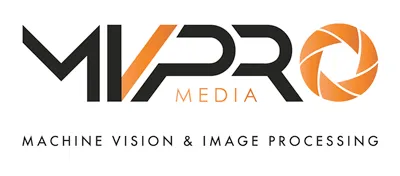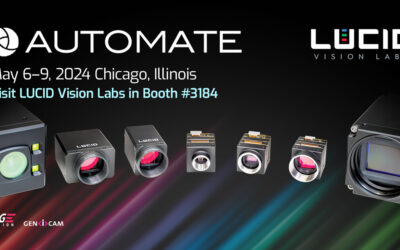To support its customers in the critical task of selecting the optimal line scan camera and lens for their applications, Chromasens has launched an all-new Camera Configurator, designed to elevate the online digital experience for machine vision distributors, system integrators, and imaging engineers.
Chromasens appreciates its customers’ time, so the configurator simplifies the specification process, removing the mundane searching of webpages and replacing it with a faster, more intuitive experience with greater convenience and accuracy. This next-generation, streamlined customer journey is available on the company’s website at chromasens.de/en/camera-configurator. At any point in the process, the customer can choose to contact the Chromasens Support team for assistance.
When using the Camera Configurator, the customer begins by entering the spectrum of their application from a choice of RGB, RGB+Grey, Mono, SWIR, or RGB>CIELAB. Next, a data interface is selected from Camera Link, 10 GigE, CoaXPress, or 1GE/NBase-T (RJ45). The configurator will then present a list of available Chromsens cameras complete with in-depth knowledge and a visualization of the camera.
Lens Configurator
From there, the customer is brought to a lens configurator page for the camera model they have specified. Picking out a lens for line scan cameras is highly complex and prone to error. Sensors for line sensor cameras are much larger than standard area scan cameras and therefore, the requirements for the image circle of the lens increase. Also, most line scan lenses do not feature a standard connection — such as F-mount or C-mount — and it takes considerable experience to determine the necessary components for the connection of the focus unit to the camera.
To correctly perform this task, the lens configurator will ask that the customer enter: the overall field of view for their application, lateral resolution, minimum free working distance, available space, and target speed (mm/s), along with resolution ratio optical/transport, the field of view overlap, and pixel reserve. Several lenses that meet those requirements are then presented, plus other options to pinpoint the ideal imaging solution.
In the final step, further components such as frame grabbers and connection cables can be added to the configuration. After this selection has been sent to Chromasens, a sales representative will contact the customer to clarify any outstanding technical details and to discuss delivery.
While the use of the camera configurator is possible without login, logging in is required to access the Chromasens database, generate report documentation, and send a request to the company’s customer support team.
Find out more about Chromasens.
Also, stay up to date with the most recent machine vision and image processing news right here on MVPro Media.





